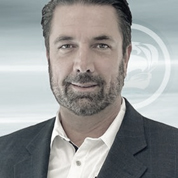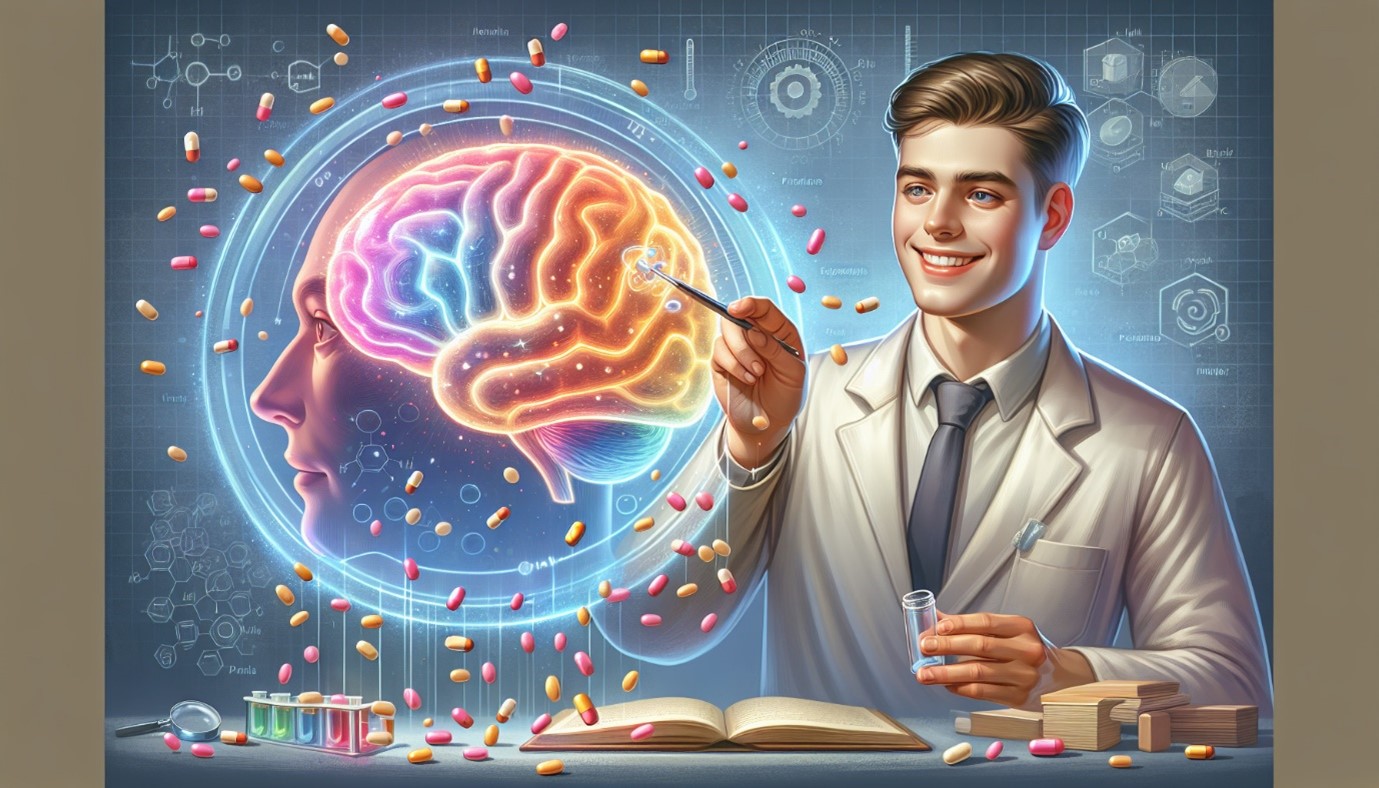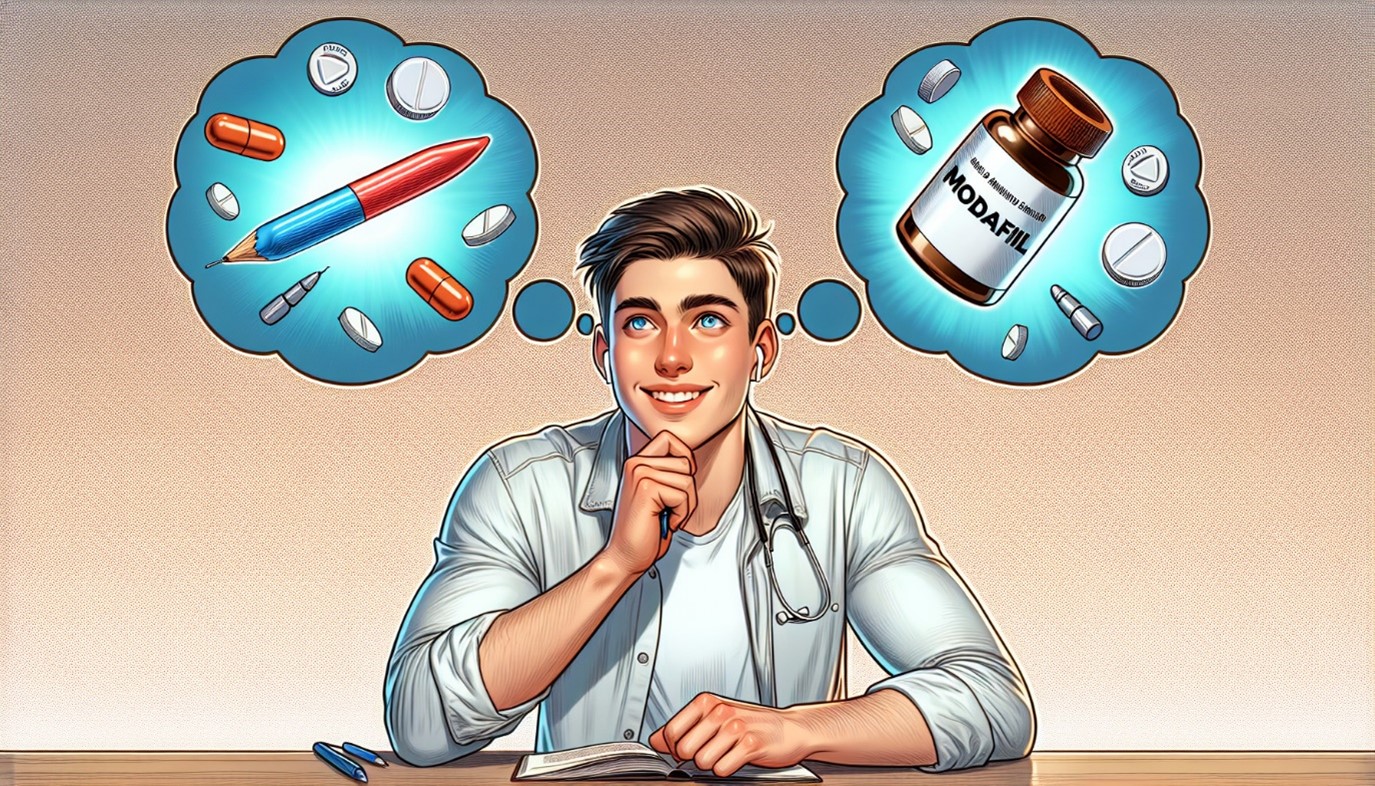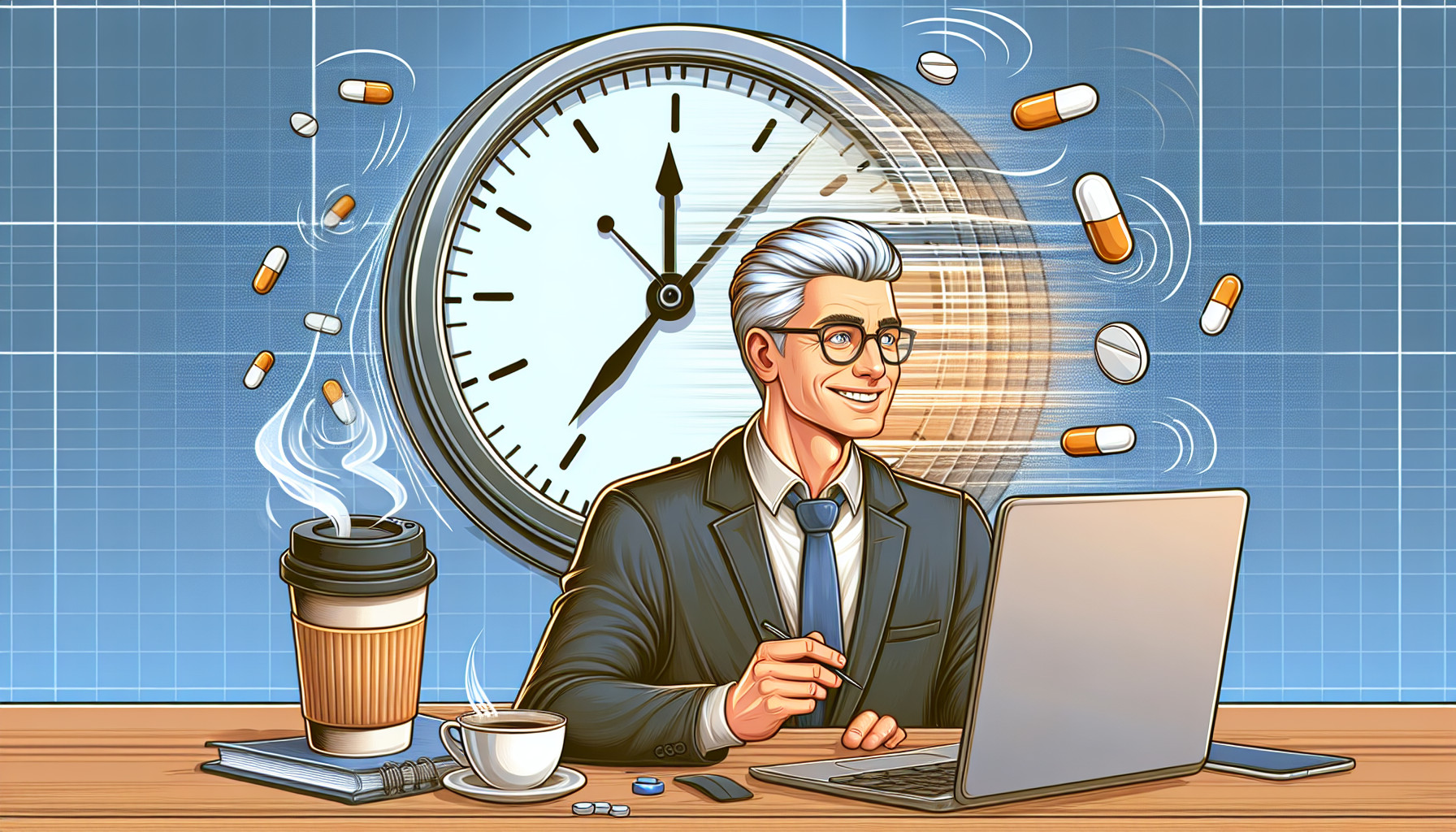Smart Drugs – Secret of the World’s Tech Billionaires?

What you read?
Imagine a world where your brain operates at peak performance, creativity flows effortlessly, and productivity knows no bounds. For many of the world’s tech billionaires, this isn’t just a fantasy—it’s a reality, thanks to innovative drugs.
But what exactly are these cognitive enhancers, and are they truly the secret behind the success of tech moguls like Elon Musk and Mark Zuckerberg? This article will delve into smart drugs, exploring their benefits, risks, and ethical considerations surrounding their use.
‘Smart drugs’ help improve memory?
Nootropics, often known as cognitive enhancers or smart drugs, have gained popularity since the 1970s. Research suggests that these innovative drugs may offer significant benefits to most users, sparking interest among those seeking a temporary mental boost.
Surveys reveal that up to 11 percent of U.S. students, as well as prominent entrepreneurs from Silicon Valley, are turning to nootropics to enhance their cognitive abilities. This trend makes these products more relatable and accessible to a broader audience.
CNN reports that author and entrepreneur Dave Asprey, best known for founding “The Bulletproof Executive,” is an avid user of nootropics. Asprey consumes up to 15 of these supplement pills daily. He credits smart drugs like Modafinil for enabling him to “hack his biology” and enhance his health.
Asprey’s journey with nootropics is inspiring. He shared that he used to struggle frequently with ‘brain fog,’ a common issue many can relate to. However, this issue reportedly disappeared after he began using nootropics, offering hope to those seeking cognitive enhancement.
Take Tim Ferriss, for example. The investor and entrepreneur have experimented with various nootropic stacks. He believes taking supplements is worth it, “even if it shortens your life by five years.”
Ferriss’s statement might seem extreme. But the reality is that it’s not easy to make it in Silicon Valley. With billions of dollars at stake, gaining an edge in such a competitive world makes sense for someone like Ferriss.
Asprey shares similar views, noting that “the quality of my life is so much higher now” thanks to smart drugs. He says any future side effects will have been “worth it. ”
In 2011, Sir Richard Branson participated in a marketing campaign for the Virgin-produced film Limitless, which starred Bradley Cooper.
While the ad can be seen as just movie hype, it’s intriguing because it raises questions about whether Branson uses smart drugs. Combine this with his recent statements against the U.S. War on Drugs, and it’s clear he holds liberal views on drugs and illegal narcotics.
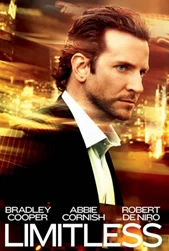
Other well-known entrepreneurs like Elon Musk haven’t publicly addressed whether they’ve ever used nootropics to boost their cognitive abilities. Nonetheless, smart drugs are becoming part of Silicon Valley culture.
What Are Smart Drugs?
Smart drugs, also known as nootropics, are substances that claim to improve cognitive function, mainly executive functions, memory, creativity, or motivation, in healthy individuals. These can range from natural supplements to prescription medications.
Types of Smart Drugs
- Prescription Nootropics: These include drugs like Modafinil, Adderall, and Ritalin, which are typically prescribed for conditions like ADHD or narcolepsy but are often used off-label for cognitive enhancement.
- Over-the-counter supplements include substances like caffeine, L-theanine, and omega-3 fatty acids, which are widely available and considered safe.
- Research Chemicals: These are newer, less-studied compounds often used by biohackers looking for an edge.
Smart Drugs and The Silicon Valley Culture
Many tech entrepreneurs have openly discussed their use of smart drugs. For instance, Dave Asprey, the founder of Bulletproof, has been a vocal advocate for nootropics, claiming they have significantly improved his cognitive abilities.
The Silicon Valley Culture
In Silicon Valley, using smart drugs is often seen as a way to gain a competitive edge. The high-pressure environment and the constant drive for innovation make cognitive enhancers attractive to many.
- Productivity: The tech industry values productivity and efficiency, and smart drugs can help individuals work longer hours with greater focus.
- Creativity: Smart drugs have the potential to boost productivity and enhance creative thinking. In a field where innovation is key, this aspect of smart drugs is particularly inspiring.
Smart Drugs Risks and Ethical Considerations
Health Risks
While some smart drugs like Modafinil are generally considered safe and FDA-approved, others come with significant risks. For example, long-term use of prescription stimulants like Adderall can lead to dependency and cardiovascular issues.
- Side Effects: Common side effects include insomnia, anxiety, and digestive issues.
- Dependency: The risk of developing a psychological dependency on smart drugs is a concern, particularly with prescription stimulants.
Ethical Dilemmas
The use of smart drugs raises several ethical questions. Is it fair for individuals to use cognitive enhancers to gain a competitive edge? Should there be regulations governing their use?
“The ethical implications of smart drug use are complex, and society must grapple with questions of fairness, accessibility, and long-term impact.”
Conclusion
Smart drugs, with their tantalizing promise of enhanced cognitive abilities, have become a staple in the daily lives of many tech billionaires. However, these benefits are not without their risks, and the ethical considerations they raise are far from straightforward. As the use of smart drugs becomes more prevalent, it is vital to continue researching their effects and to actively participate in meaningful discussions about their societal role.
Whether you’re a tech entrepreneur looking for an edge or simply curious about the world of cognitive enhancers, it’s essential to approach smart drugs with caution and awareness. After all, the true secret to success may lie not in a pill but in a balanced approach to health and well-being.

